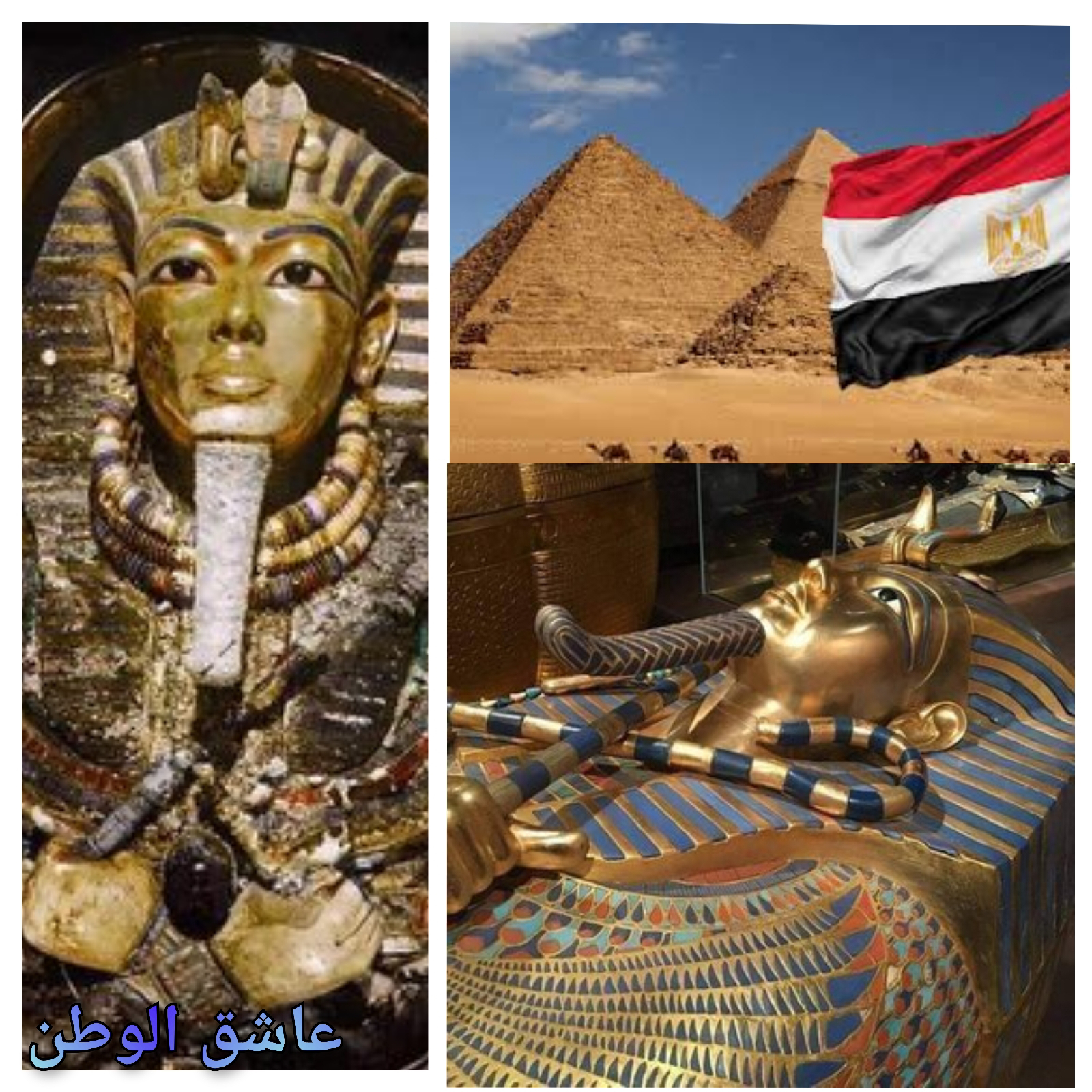Ancient Egyptian civilization is considered one of the most ancient and greatest civilizations in human history. It flourished along the banks of the eternal Nile River for over three thousand years, leaving behind a monumental cultural legacy that continues to astonish the world to this day. Ancient Egypt witnessed remarkable advancements in various fields, from architecture and engineering to science, medicine, arts, and literature, making it a beacon of knowledge and a cradle for numerous inventions and discoveries that influenced the course of human civilization.
Geography: The Gift of the Nile
Geography played a pivotal role in shaping Egyptian civilization, as the Nile River served as the lifeline for the ancient Egyptians. The Nile provided fresh water and fertile soil, enabling agriculture, which was the backbone of the ancient Egyptian economy. Additionally, Egypt's geographical location, surrounded by deserts to the east and west, protected it from foreign invasions, allowing it to develop in relative peace for extended periods.
Political System: Pharaohs and Gods
The political system in ancient Egypt was characterized by the centralization of power in the hands of the pharaoh, who was considered the embodiment of the god Horus on Earth and a mediator between humans and the gods. This religious belief helped reinforce the pharaoh's authority and ensured the loyalty of the people. The pharaoh was responsible for managing state affairs, from enacting laws to leading armies, as well as overseeing major projects such as the construction of temples and tombs.
Religion: A World of Mysteries
Religion was a fundamental element in the lives of the ancient Egyptians, as they believed in multiple gods and their daily lives were intertwined with religious rituals. The ancient Egyptians worshipped a vast array of deities, such as Ra, the sun god; Osiris, the god of the underworld; and Isis, the goddess of motherhood and magic. Temples were the center of worship and religious life, where priests performed daily rituals to offer sacrifices to the gods and ensure the continuity of the cosmic order.
Architecture: Creativity That Defies Time
Ancient Egyptian architecture is one of the most prominent achievements of this civilization. The ancient Egyptians constructed numerous massive structures that still stand today, such as pyramids, temples, and tombs. The pyramids, particularly the Great Pyramid of Khufu, are among the Seven Wonders of the Ancient World and stand as a testament to the ancient Egyptians' mastery of engineering and mathematics. Egyptian architecture was also characterized by the use of massive columns, colossal statues, and wall decorations depicting religious scenes and daily life.
Science: Advanced Knowledge
The ancient Egyptians made significant progress in various scientific fields, such as astronomy, medicine, and mathematics. They developed an accurate solar calendar based on the sun's cycle, which helped them determine agricultural and flood seasons. They also excelled in medicine, practicing surgery and using herbs for treatment. Additionally, the ancient Egyptians developed a writing system known as hieroglyphics, which they used to record historical events, religious rituals, and literary texts.
Arts: Eternal Beauty
Ancient Egyptian art was distinguished by its precision, elegance, and symbolism. Egyptian artists excelled in sculpture, painting, and jewelry-making. Egyptian art focused on depicting the afterlife, gods, and pharaohs, adhering to strict artistic rules such as the use of vibrant colors and flat perspective. Tombs and temples are among the most important sources of Egyptian art, with walls adorned by murals depicting daily life and religious rituals.
Daily Life: An Organized Society
Ancient Egyptian society was hierarchical, with the pharaoh at the top, followed by nobles and priests, then soldiers and scribes, and finally farmers and laborers. Daily life in ancient Egypt was characterized by organization, as people worked in agriculture, industry, and trade, and spent their leisure time on entertainment and sports. Women held an important place in Egyptian society, enjoying legal and economic rights, and could own property and manage businesses.
Language and Writing: Records of Civilization
The ancient Egyptians developed one of the world's earliest writing systems, hieroglyphics, which were used to record historical events, religious rituals, and literary texts. Writing helped preserve Egyptian cultural heritage and transmit knowledge across generations. In addition to hieroglyphics, the ancient Egyptians used other writing systems such as hieratic and demotic.
Legacy: An Unforgettable Heritage
Despite the passage of thousands of years, the legacy of ancient Egyptian civilization remains present in our daily lives. Ancient Egypt influenced many subsequent civilizations through its arts, architecture, and sciences. The pyramids, temples, and tombs of Egypt continue to attract millions of tourists from around the world, serving as a living testament to the greatness of this timeless civilization.
Conclusion
Ancient Egyptian civilization is regarded as one of the greatest civilizations humanity has ever known, making significant contributions to various fields, from arts and sciences to engineering and medicine. The enduring legacy of this ancient civilization continues to inspire the world to this day, standing as a testament to human creativity and the ability to achieve miracles.





0 تعليقات